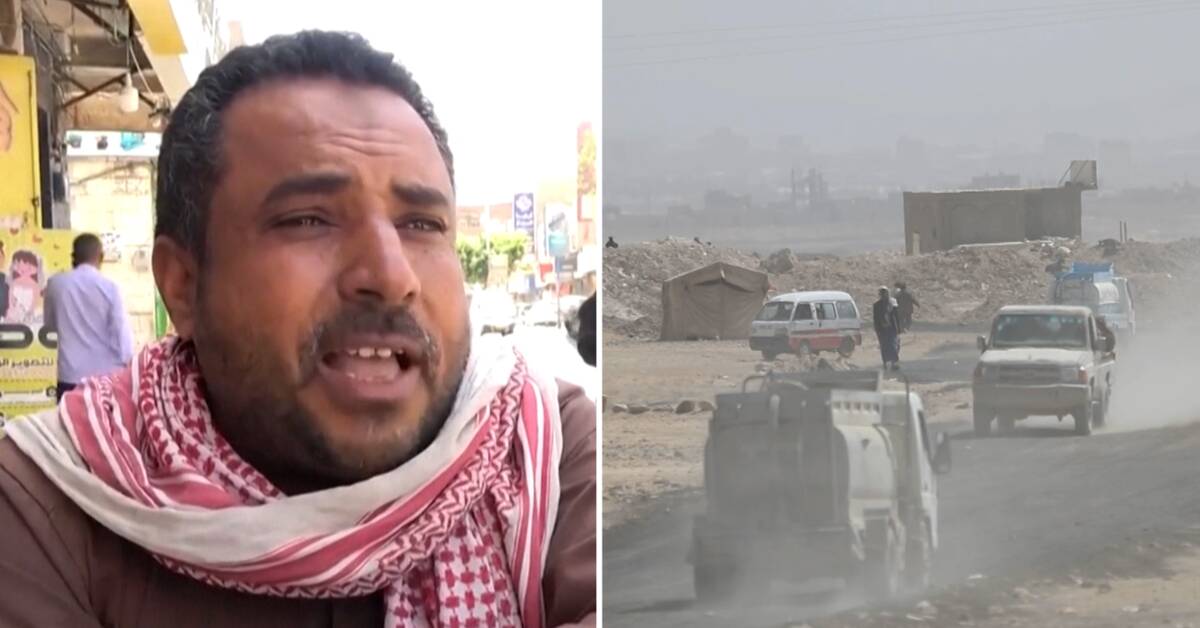The war in Yemen has triggered the world's biggest humanitarian catastrophe, according to the UN.
At least 150,000 people have been killed and millions of civilians displaced.
But since the ceasefire came into force on Saturday, violence in the country has decreased sharply, says Hans Grundberg.
- The ceasefire is an important opportunity that should be seized.
It is now up to the parties to maintain what has been agreed, he tells SVT.
Since taking office as the UN Special Envoy for the Yemeni conflict in early autumn, he has led a series of discreet and separate talks with the parties to the conflict.
For two months, the parties have agreed to end acts of violence.
In the meantime, negotiations on a permanent ceasefire will be negotiated and hopefully a political solution will be reached.
A ceasefire in the seven-year war has never been so welcome as now.
It began on the first day of the fasting month of Ramadan and comes after months of escalating fighting.
During the month of January, one person was killed or injured every hour in Yemen.
Escalated conflict
Just over a week ago, the Huthi rebels attacked the city of Jeddah in Saudi Arabia in connection with a Formula 1 race.
The United Arab Emirates has also been attacked.
The response from the Saudi-led coalition, which fights on the side of the internationally recognized Yemeni government, has been massive bombings against Huthi-controlled areas, including in Yemen's capital Sanaa.
In addition to the ceasefire, the agreement means that oil tankers will be allowed to dock in the port city of Hodeidah and that the airport in the capital Sanaa will be opened.
In this way, the fuel shortage in the country will be alleviated and opportunities will be opened up for patients who need ambulance transport for care abroad.
- It is then important to also take steps that lead to the ceasefire not only being extended but leading to a possible solution to the Yemen conflict, Grundberg tells SVT.

